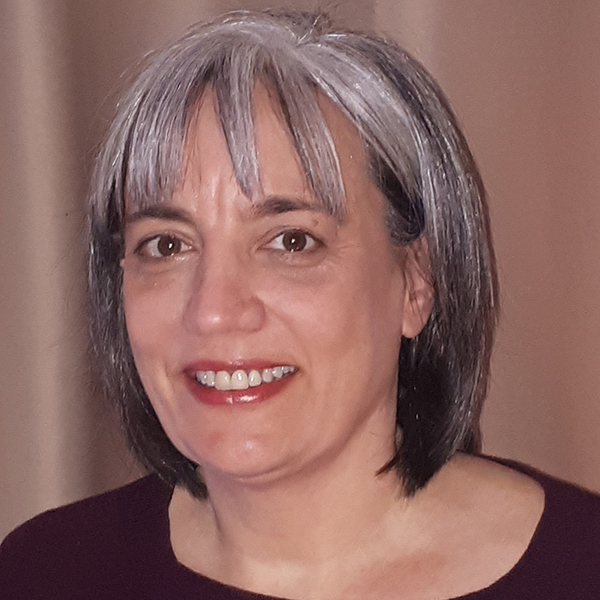From illness management to quality of life: rethinking consumer health informatics opportunities for progressive, potentially fatal illnesses
Authors: Marcy G Antonio, PhD, Tiffany C Veinot, PhD.
Watch the Recording
Presenter
Statement of Purpose
Although chronic obstructive pulmonary disease (COPD) is the fourth leading cause of death, it continues to experience inequitable access to healthcare and research resources when compared to other chronic illnesses. Moreover, few health informatics strategies have focused on addressing the social isolation and stigma that has been well-recognized for impacting outcomes of COPD. Progressive experiences of shortness of breath and acute breathing events, increased anxiety and depression, and seasonal factors may isolate people with COPD. Social isolation may be perpetuated through societal inequities in which the prevalence of COPD is higher in lower income groups and people may experience stigma when COPD is viewed as a “smoking” disease. Most significantly, social isolation can be compounded by the existential loneliness experienced in living with a fatal illness. To date, consumer health Informatics strategies for COPD have prioritized self-management, education, and monitoring symptoms and physical activity for the end stages of COPD. Limited strategies have explored how digital technologies (DTs) could be of value for social and emotional health throughout all stages of COPD.
Through this transformative mixed methods study people living with a progressive, potentially fatal lung condition were asked about their use of digital technologies. Their regular use of DTs demonstrated how intergenerational connections and leisure activities provided opportunities for connecting socially and for respite, reminiscing, distraction and spontaneity from living with a progressive, potentially fatal illness. Based on study findings and prior research we propose the “quality of life informatics” framework for reducing stigma regarding illness and disability and taboo toward death, improving access to resources for palliative care, and encouraging experiences to support social, emotional and mental health.
The aim of our presentation is two-fold. First, to advocate for consumer health informatics to broaden strategies that focus on quality of life for people living with a progressive, potentially fatal illness. Second, to demonstrate how the transformative mixed methods approach can be applied within consumer health informatics for designing research studies that prioritize social justice, health equity and patient’s knowledge.
Learning Outcomes
- Describe the limitations of current consumer health informatics strategies for self-management, education and monitoring in supporting people with living with a progressive, potentially fatal illness.
- Formulate consumer health informatics strategies that align with quality of life for people living with a progressive life-limiting illness.
- Incorporate principles within the transformative approach when designing mixed method studies focused on social justice and health equity.
Format
35-minute presentation by article author(s) considering salient features of the published study and its potential impact on practice
25-minute discussion of questions submitted by listeners via the webinar tools and moderated by JAMIA Student Editorial Board members.
CME Credit
The American Medical Informatics Association is accredited by the Accreditation Council for Continuing Medical Education (ACCME) to provide continuing medical education for physicians.
The American Medical Informatics Association designates this live activity for a maximum of 1.0 AMA PRA Category 1™ credits. Physicians should claim only the credit commensurate with the extent of their participation in the activity.
CNE Credit
The American Medical Informatics Association is accredited as a provider of nursing continuing professional development by the American Nurses Credentialing Center's Commission on Accreditation.
- Approved Contact Hours: 1.0 total
- Nurse Planner: Jenna Thate, PhD, RN, CNE
